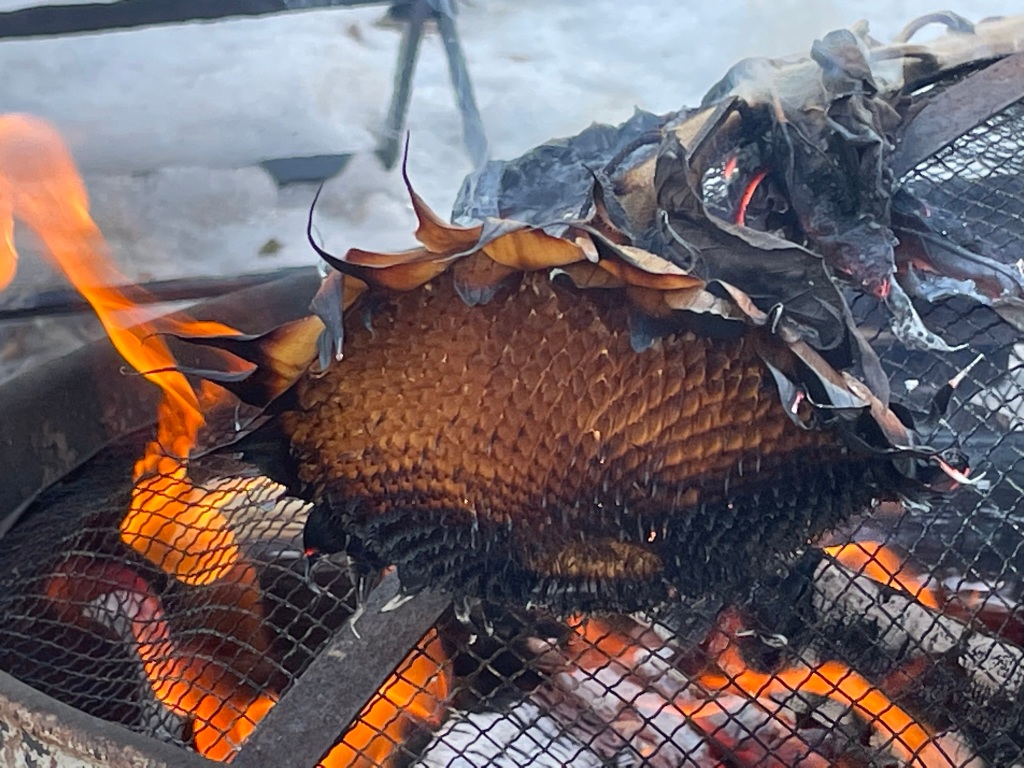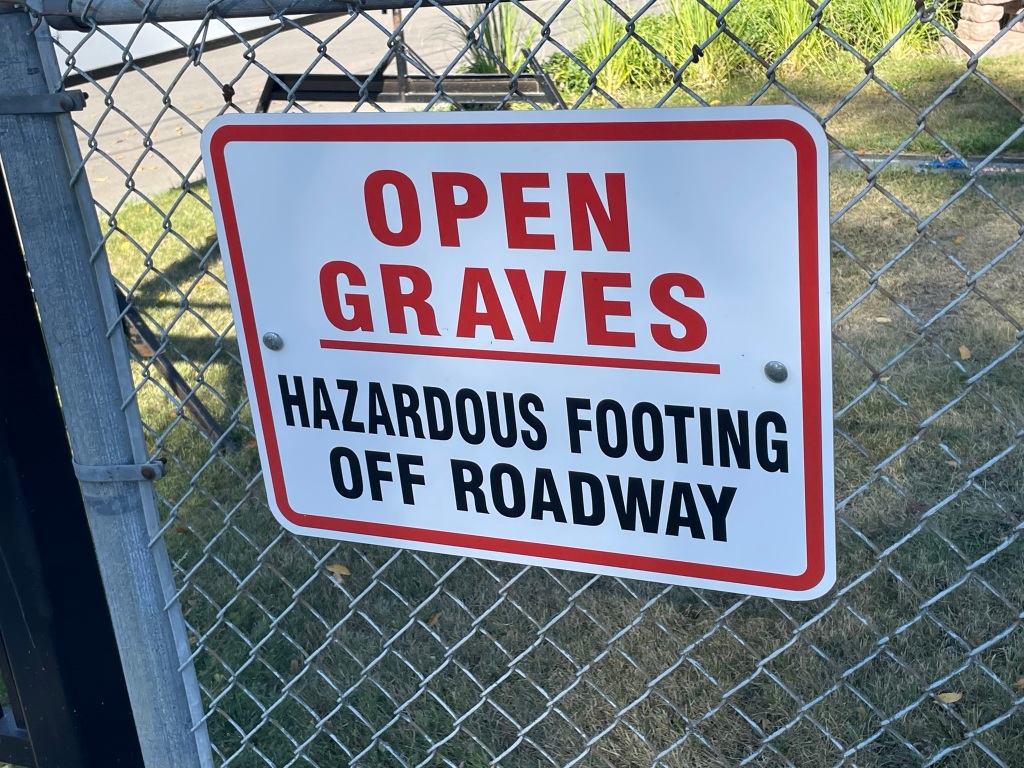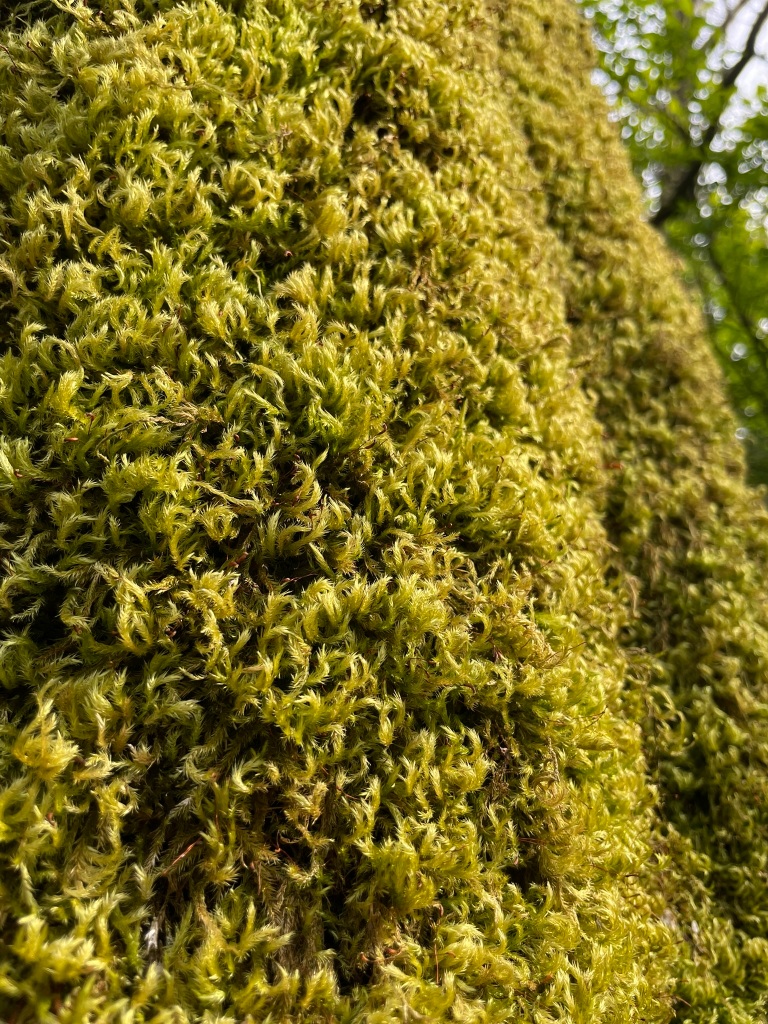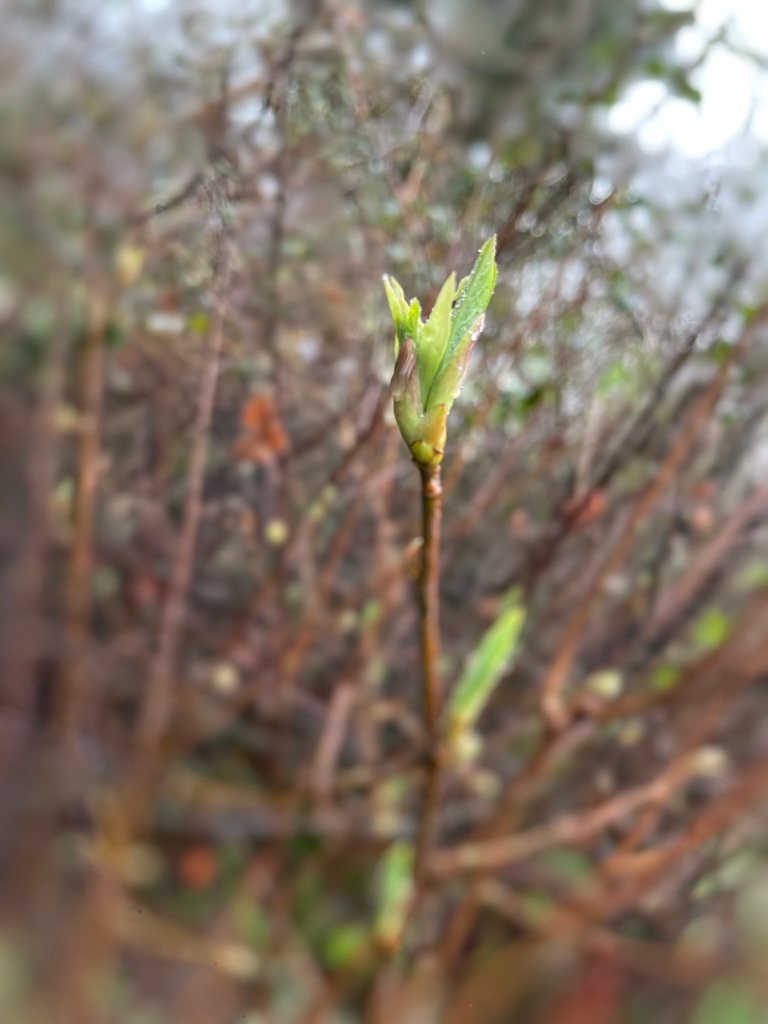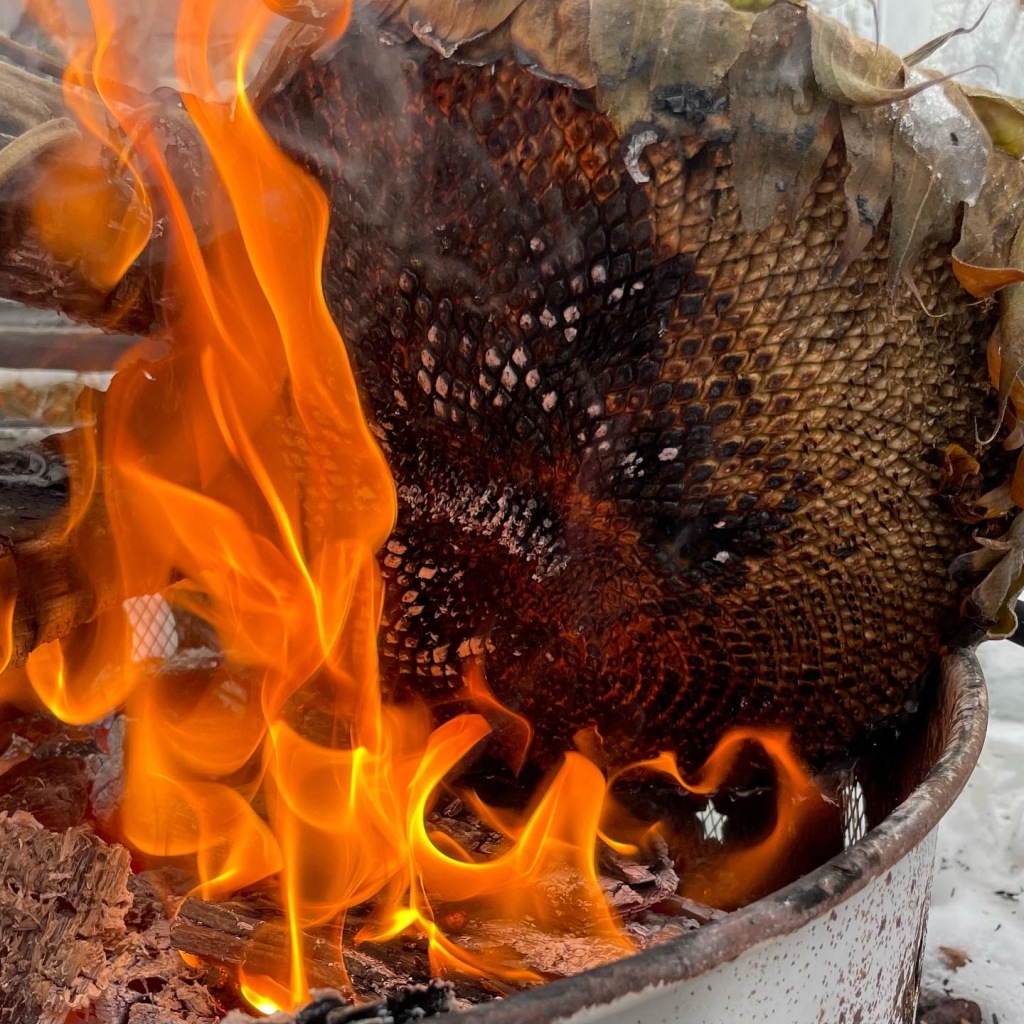The simple place and emotion-based lyric is often dismissed or even disdained in this era when, if your poetry has no overt sexual, racial or other trendy engine behind its impetus, and such content isn’t rendered in complexified form, then it seems antiquated, irrelevant, too obvious for these mangled (and yes also emancipatory) times. A shame, mostly. I qualify this statement because it can appear thus – as if the lyric from a non-politicized perspective (though, of course, one could argue that the angle from which anything is examined is political – as one did in the 70s), is a now-tired tune, a side-stepping ditty of emptiness, a rococo so what. Miranda Pearson’s Rail only occasionally made me fall into that feeling and mainly when an ending trailed off as in “Degas Women,” whose promise felt curtailed or when a metaphor was super same old same old like “Magdalene” with its portrayal of personified trees with “boney fingers” and “wild grey hair.”
More often however, the compressed intensities and essential groundings of the lyric are evident in Pearson’s poems. And since when are depictions of nature, relationship, or aging passe? I certainly don’t want to live in a world, as Bertolt Brecht said,
“…when
To talk about trees is almost a crime
Because it implies silence about so many horrors.”
The first poem, “Camber Sands,” plunges the reader into the collection’s overriding tone: a graceful melancholia, an elegant engagement with time and locale. I hear Patti Smith’s meanderings in M Train at the start of the piece: “the sand drifted on to our shores/and into the corners of the Kit-Kat cafe” and at the end’s return: “the beach grass and long-beaked curlew…the cafe boarded up for winter. /The sand.” Pearson rarely wows with her sounds but she does pursue a consistent and quiet music in words such as chevron, floe, chivalrous, hedgerows – some diction, invariably, “Kentish,” others derived from the Scots, like the strange term “Hentilagets,” meaning clumps of sheep’s wool. Rail is most potent when it offers the tightly honed lyric like the perfect “Fox” (of course reminiscent of but not imitative of Ted Hughes). In three exquisite quatrains it accurately describes the animal while accessing the residue of its mystery too in “Beauty you wish you could/touch but it breaks away,/a sprinter in cinnamon or rust…Over the green/contours of the field, /her supple canter. But silent,/silent. Answering the dark.” Yum!
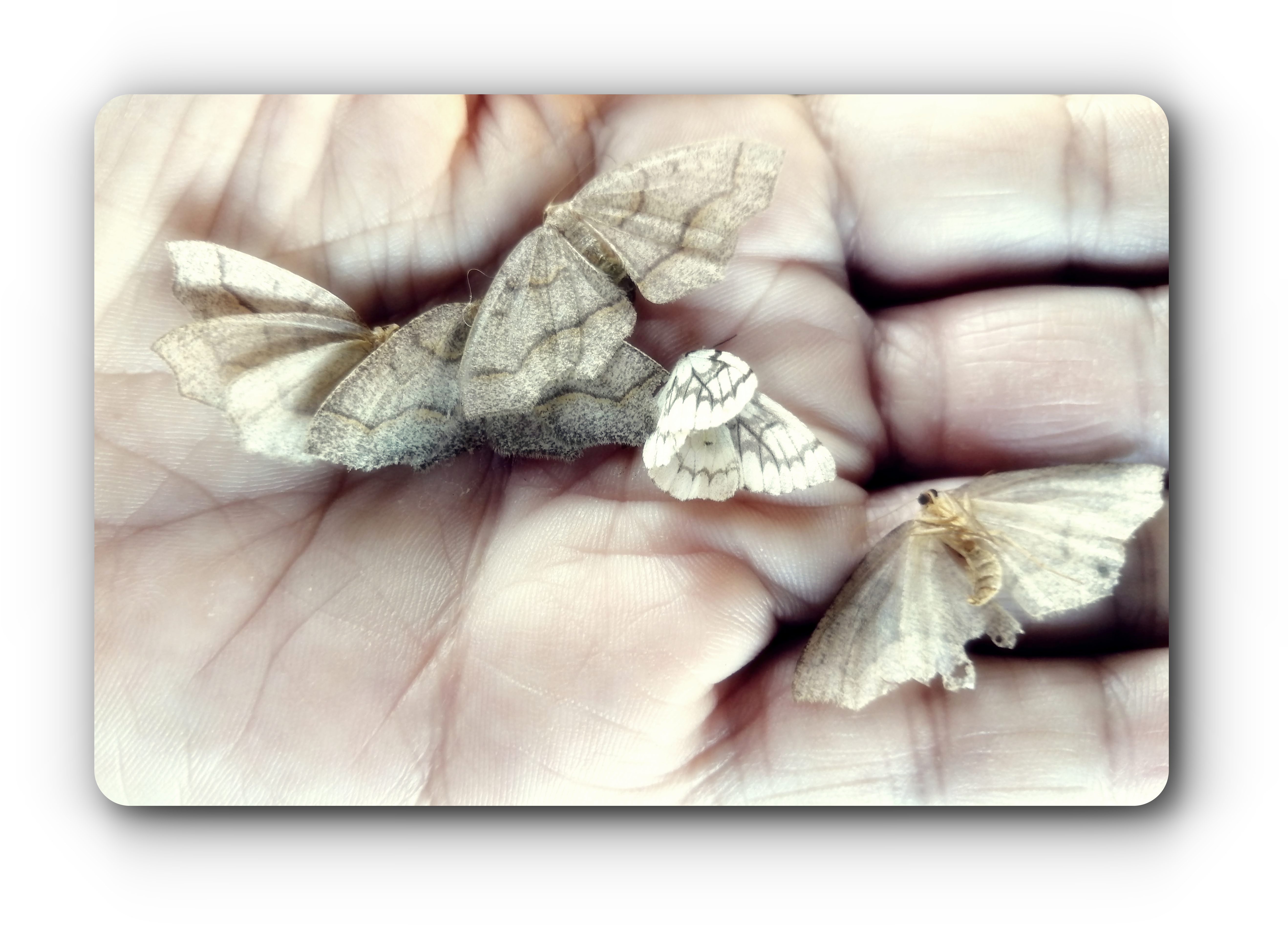
As a half-Brit, the landscapes that Pearson sketches resonate with me, from Brighton to Whitby, these being her most powerful pieces, along with those that depict her mother’s quirks and eventual unraveling (especially the tender convolutions of what may be a last Scrabble game in “Stroke”) Also, the three part elaboration on a paint box that contains the startling concept of a friendship that is still able to “wick” and the stunning resonance of the final couplet – “Line, line – /I have forgotten how to feel sorrow.” Although I would have axed the sequence Abacus as it seemed clunky, a stumbly departure from the flow of the other poems (and also, I loathe math ;), the remainder of Rail, though not a fashionable railing against per se, is a strong and solid line through land and memory, giving the reader a reliable melody to live within.


